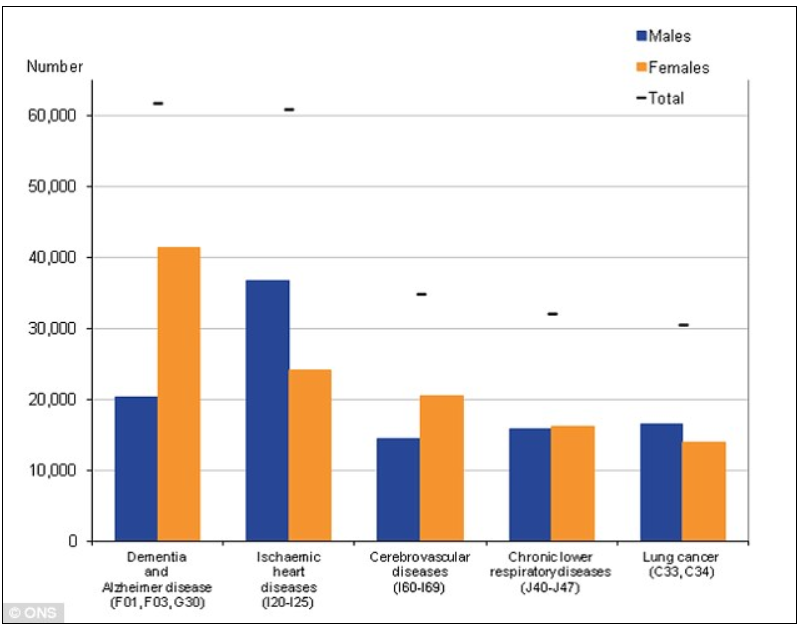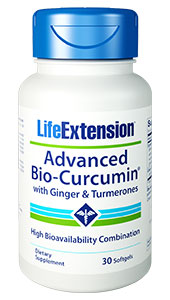
London: Most doctors feel Alzheimer’s sufferers do not receive sufficient treatment, according to a new survey.
The IMPACT (Important Perspectives on Alzheimers Care & Treatment) study explored the views of 1800 people – physicians (GPs and specialists),1 Alzheimer’s carers,1 payors1 and the general public1 in France, Germany, Italy, Spain and the UK.
According to the new study presented at the 2009 Alzheimers Association International Conference on Alzheimers Disease (ICAD 2009), almost 8 out of 10 UK physicians (77 percent)1 consider Alzheimer’s disease to be undertreated in the UK.1 These perceptions reflect behaviours identified in earlier research by the Audit Commission for Local Authorities and the National Health Service which highlighted an uncertainty in diagnosing any form of dementia by GPs in the UK, with 40% of GPs reluctant to refer early for diagnosis.2
According to the study, supported by Eisai and Pfizer Inc, UK doctors feel the medical community hesitates in discussing the earliest stages of Alzheimers disease because of their uncertainty.1 Furthermore, 63% of responders from the general population, many of whom could be tomorrow’s carers, felt that most people would have difficulty identifying the early signs of the disease.1
The National Dementia Strategy sets out a clear direction for dementia management and if adhered to closely, it could help the UK lead the way in Alzheimer’s disease care and management. Today’s survey findings suggest that although we are making progress, we still have a long way to go. Alzheimer’s disease needs to be tackled with the same force as the fight against cancer and we need to act now in order to halt this generational time bomb”, said Professor Roy Jones, Clinical Gerontologist and Geriatrician at The Research Institute for the Care of Older People, Bath, and Study Steering Committee Chair.
Alzheimers disease, the most common type of dementia, affects nearly half a million people in the UK3 a figure expected to double within twenty years.4 According to IMPACT, Alzheimers disease is the most feared disease after cancer in the general population,1 with physicians1 and carers1 being the only groups surveyed to fear it even more than cancer. In 2007, the annual cost of caring for people with Alzheimer’s disease was £11 billion,5 with dementia costing the UK economy over £17 billion a year,6 more than cancer, stroke and heart disease combined.5 Additionally in 2007, Alzheimers disease research received 3 percent of the funds spent on cancer, a disease that affects a similar number of people.5
While the study revealed that UK doctors face a number of barriers to early drug treatment,1 it also showed that according to physicians in the UK, the medical community is more likely to recommend third party support (e.g. patient organisations) after the diagnosis of Alzheimer’s disease than in France, Germany, Italy and Spain.1
Marc Wortmann, Executive Director of Alzheimers Disease International and member of the IMPACT Study Steering Committee, said, It is reassuring to note that the benefits of support groups are clearly recognised by clinicians and hopefully experienced by carers and patients. We strongly support the tendency to refer to patient groups at diagnosis, as it is well known that seeking support improves the quality of life for people living with Alzheimer’s disease and eases the burden for the carer.”
About Alzheimers disease
Alzheimers disease, a progressive and degenerative brain disease,7 is the most common type of dementia7 and affects more than six million Europeans.8 Symptoms of Alzheimers disease may include increased forgetfulness, repeating or asking the same question frequently, and problems making decisions.9
These symptoms gradually affect a persons cognition, behavior and everyday activities, some severe enough to have an impact on their work, social activities and family life.9 While there is no cure for Alzheimers disease, there are treatments to help slow the progression of the symptoms of the disease.10
About the IMPACT Study
The IMPACT study was conducted online within the United Kingdom, France, Italy, Spain and Germany by IPSOS on behalf of Eisai and Pfizer Inc between April 1 and May 1, 2009, among 500 physicians (including general practitioners and specialists), 250 AD carers, 50 payors and 1,000 members of the general population age 18 and over. Statistical differences are noted using a 90% confidence interval. A full methodology is available upon request.
About the IMPACT Study Steering Committee
The IMPACT study was developed and implemented with the oversight of an expert Steering Committee comprised of a variety of leading AD specialists, including geriatricians, neurologists, epidemiologists, primary care physicians and old-age psychiatrists from the United Kingdom, France, Italy, Spain and Germany. The Executive Director of Alzheimer Disease International (ADI) was also part of the committee. Most members of the IMPACT Study steering committee received honoraria for their participation. The Committee was supported by Eisai and Pfizer Inc.
About Eisai
Eisai is a research-based human health care (hhc) company that discovers, develops and markets products throughout the world. Eisai focuses its efforts in three therapeutic areas: Integrative Neuroscience including neuroscience, neurology and psychiatric medicine; Integrative Oncology including oncotherapy and supportive-care treatment and Vascular/Immunological Reaction which includes acute coronary syndrome, atherothrombotic disease, sepsis, rheumatoid arthritis, psoriasis and Crohns disease.
Through a global network of research facilities, manufacturing sites and marketing subsidiaries, Eisai actively participates in all aspects of the worldwide health care system. Globally, Eisai operates in five key regions: its home market of Japan, North America, China, Asia/Oceania/Middle East and Europe and employs more than 11,000 people worldwide.
About Pfizer
Pfizer Inc., founded in 1849, is dedicated to better health and greater access to health care for people and their valued animals. Every day, colleagues in more than 150 countries work to discover, develop, manufacture and deliver quality, safe and effective prescription medicines to patients.
In the UK, Pfizer has its European R&D headquarters at Sandwich and its UK business headquarters in Surrey, and is the major supplier of medicines to the NHS. Pfizers annual UK R&D investment is more than £550 million more than £10 million a week.
1 Impact Study 2009: Global Alzheimers Awareness Study. Data on File Eisai, Pfizer Ltd
2 Audit Commission Update, Forget Me Not 2002: Developing Mental Health Services For Older People In England. Audit Commission February 2002.
3 Alzheimers Society Factsheet available at What is Alzheimer’s Disease?.
4 Alzheimers Society. Facts for the Media.
5 Alzheimers Research Trust. Annual Review 2007. February 1, 2007.
6 Alzheimers Research Trust. Dementia Statistics. Available at: Dementia Statistics.
7Alzheimers Association. 2008 Alzheimers Disease Facts and Figures. Available at: Alzheimer’s Disease Facts and Figures.
8 Alzheimer Europe. Policy watch Europe Unites Against Alzheimers disease. Dementia In Europe: The Alzheimer Europe Magazine. December 2008;2: 9.
9 Alzheimer’s Association. 10 Signs of Alzheimer’s Signs of Alzheimer’s Disease
10 Alzheimer’s Association. Treatments Available at Treatments and Treatments


























